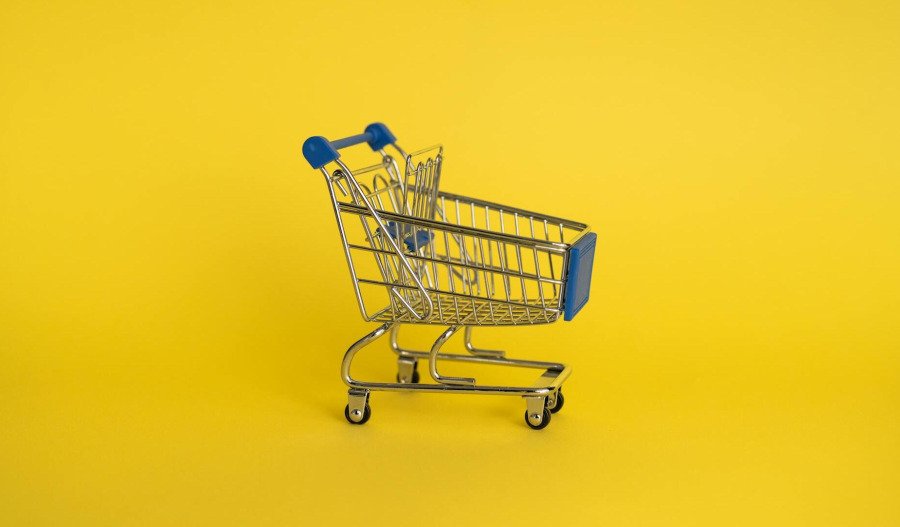PayPal stock fell 8% during Tuesday's trade, despite posting Q2 results that beat revenue estimates, as Wall Street's attention gravitated toward cost inflation concerns and an increasingly crowded fintech sector.
The digital payments company reported net revenues of US$8.3 billion for Q2 2025 - a 5% year-over-year increase that exceeded analyst estimates of $8.08 billion.
Non-GAAP earnings per share (EPS) rose 18% to $1.40 - also above market expectations.
"We're seeing momentum in our branded experiences and value-added services, which drove volume growth this quarter," PayPal president and CEO Dan Schulman said.
"Our operational discipline is reflected in our margin expansion and upgraded guidance for the full year."
The company also processed total payment volume of $443.5 billion during the quarter, 6% growth driven by branded checkout experiences and merchant services.
Mixed transaction trends
PayPal added 1.7 million active accounts during the quarter, bringing its total user base to 438 million, up 2% year-over-year.
However, overall payment transactions fell 5% to 6.2 billion due to shifts in payment service provider volumes.
Transaction margin dollars increased 7% to $3.8 billion, supported by operational efficiencies and higher-margin services.
Excluding PSP volume changes, core transaction growth was 6%, indicating resilience in PayPal's direct digital payment services.
The company raised its full-year non-GAAP earnings per share guidance to $5.15-$5.30, up from the previous range of $4.95-$5.10.
Earnings beats were overshadowed by investor concerns about rising operational expenses and cash flow challenges.
That's because the digital payments market is projected to reach $32 trillion by 2033, driven by AI-powered systems, blockchain technology, and biometric security innovations.
Once a dominant force, PayPal faces increased competition from traditional card networks and emerging fintech players alike.
Mobile wallet services like Apple Pay continues expanding its market share, targeting 10% of global card transactions.
Other traditional competitors including Visa and Mastercard have reported double-digit growth rates in recent quarters, compared to PayPal's paltry 5%.
Real-time payments and embedded finance solutions have become key competitive areas, with companies working to integrate payment experiences directly into customer workflows.
Shares fell 8.7% following the earnings announcement, reflecting concerns about PayPal's competitive positioning against fintech disruptors. The company's market capitalisation stands at US$69.49 billion.



